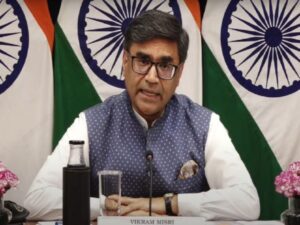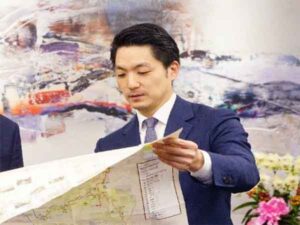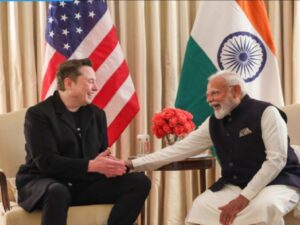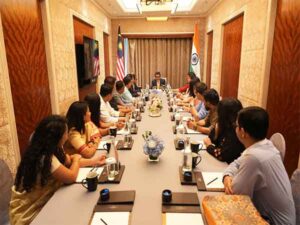China’s space success linked with its larger political, diplomatic goals: Report
Washington [US], March 15 (ANI): China understands the benefits of space cooperation, but ultimately seeks to use it as a means of supporting Beijing’s larger political and diplomatic goals of making China more respected and influential, reported Channel News Asia (CNA).
As the director general of China’s Manned Space Agency put it: “We hope to make China’s space station a platform which promotes the building of a community with a shared future for mankind.” This invoking of the “community with a shared future for mankind” rhetoric – a major foreign policy initiative under Chinese President Xi Jinping – ties Tiangong to Beijing’s broader efforts to lessen US influence and transform the international system in ways more suited to China’s interests.
By claiming that its space station is open to all UN members, China hopes to portray itself as more inclusive than the United States as China has been barred from joining the ISS, reported CNA. By continually playing up Tiangong as a feat of self-reliance, Beijing undermines the potential contributions of international partners.
Space News reported that the European Space Agency (ESA) no longer intends to send European astronauts to Tiangong, China’s newly completed space station.
European countries have been reconsidering the nature of their relations with China amid growing concerns over human rights, technology security and intensifying strategic competition between Washington and Beijing, reported CNA.
The pace of those shifting views was quickened following the outbreak of Russia’s war in Ukraine.
China, while claiming to be impartial to the conflict, has consistently issued official statements and media reports with pro-Russian narratives and has expanded its economic ties with Russia amid Western countries’ economic sanctions on Moscow.
At a time when Europe and China are supporting opposite sides of a conflict that has been likened to a superpower proxy war, sending European astronauts to Tiangong would be awkward at best, reported CNA.
While it is likely an unwelcome development for Beijing, it is highly improbable that the absence of European astronauts on Tiangong will have any notable effect on the space station’s operations or on China’s expansion into space more broadly.






